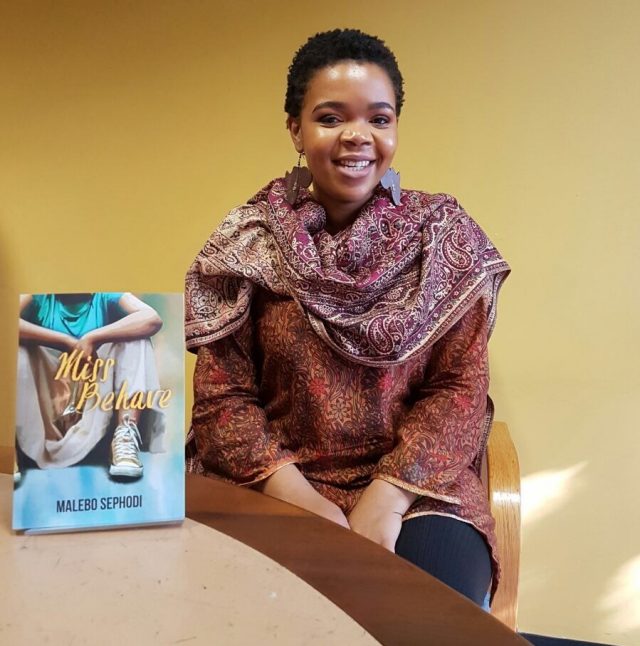Leading From The Chair You’re Seated In
by author, Malebo Sephodi
While growing up, I was privileged enough to be exposed to my mother’s different forms of activism. As a nurse, she fought and stood up for women’s rights to reproductive health care. She continues to do work that supports young people’s rights to Basic Education. It has been amazing to witness the ways in which she works with the different communities she serves. She does not see herself as an authoritative figure, but rather as an equal member. This means that everyone involved has a meaningful role to play, from whichever chair they are sitting on.
We have just come out of the month of August, which in South Africa calls for the nation to commemorate (and celebrate) a moment in 1956 that saw women across identity lines orchestrate a protest march against the apartheid state. In a time where the founders of Facebook, WhatsApp and Twitter were not born, what must it have taken to organise just over 20 000 women from different parts of the country to come together and march to the Union Buildings in Pretoria?
In various accounts captured about the activities that led to the march, the collective roles that fuelled the activism are clear. It was the community leader, the woman who sold spykos from her house; the woman with a baby on her back. It was our great-grandmothers, our grandmothers, our mothers who worked together to make it happen. This day went on to change the course of history. It made a mark. A day that has given us voices today. A day that challenges us today. What then does this mean for us; beyond the celebrations, beyond the month? It calls for us to reflect on the many ways we contribute to change and social justice within our country. The many ways in which we keep each other, as South Africans, accountable.
———————–
Society feeds the stereotype that women can only be seen as wives and mothers but never leaders who impact their environment in significant ways. Leadership is not reserved for a certain kind of person, gender, or class. All of us can take up leadership in our respective contexts. We can all impact society, whether in the communities we live in, the jobs we occupy or the spaces we engage with.
Just as I have reflected on my mother’s activism and the women of 1956’s roles in history (herstory), may we always remember that our contributions, no matter the measure, matter. May we never stop finding ways to contribute to the betterment of our society, from any chair we find ourselves sitting on.


